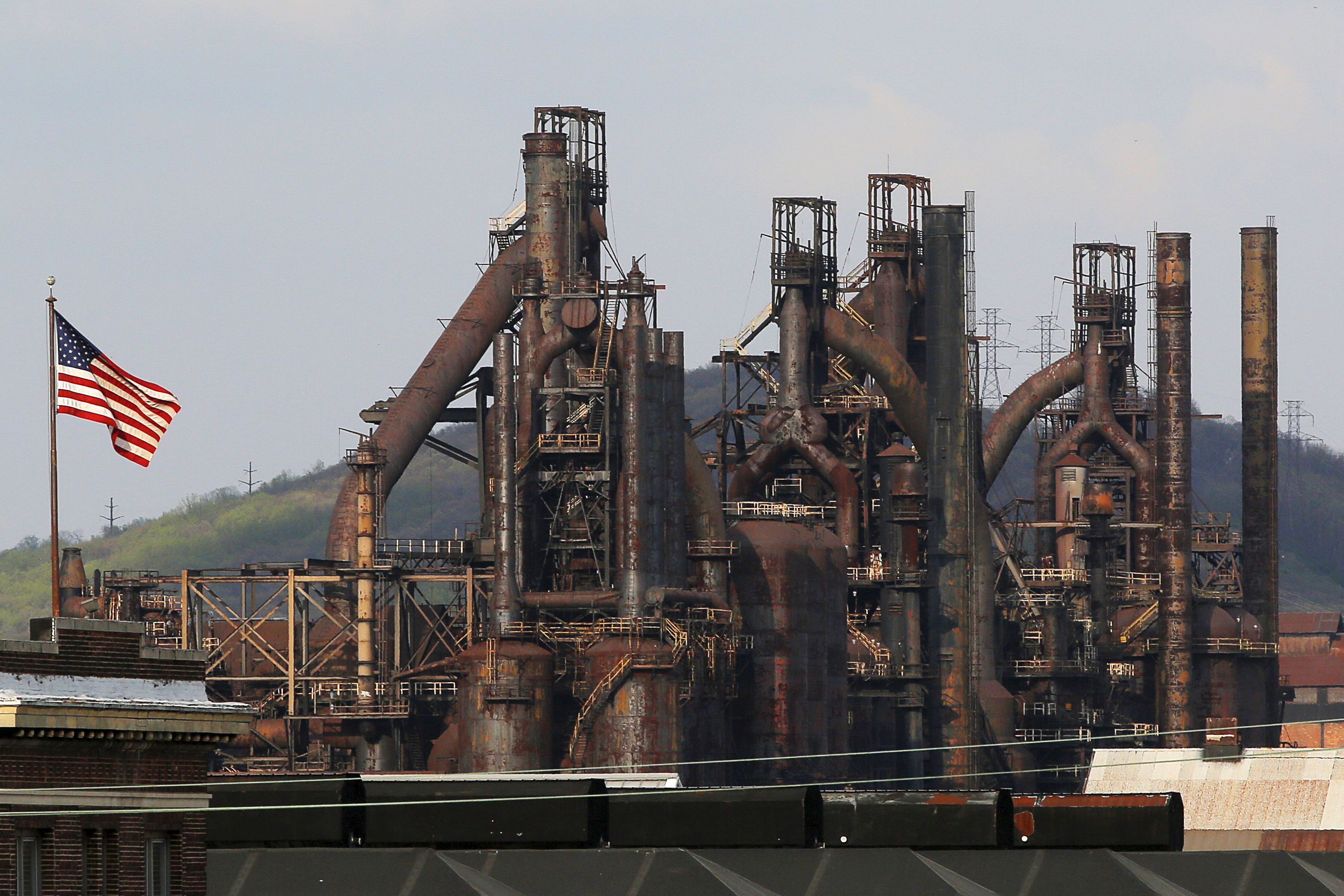moved cyclically: Sales at list rise during the boom quarters, 57/ The "Treaty of Paris" is a name for the treaty that 'estab...
moved cyclically: Sales at list rise during the boom quarters, 57/ The "Treaty of Paris" is a name for the treaty that 'established the European Coal and Steel Community. The High Authority requires that alignment sales on the prices of a foreign supplier may be made only on the basis of aß actal offer to an EC steel b4yer. This latter point is explained in detail by Hans Mueller' (19l. -202- TABLE 4.10 Percent of Member Countries' Deliveries to the ECSC Market at Producers' Own List Pr ices Quarter Germany Fr ance Italy 'toe Nether lands Belg ium Luxembourg ECSC Source: Klaus Stegemann, . Pr ice Competition and in the European Steel Market, 1954-75,. press. OUtput .Adjustment table 111-21, in . .~ and sales at below list increase in the trough quarter. It is interesting to note that the country with the most inflexible list pr ices, Luxembourg, sells the least amount of its steel at its own list prices, Moreover, pr ice cutting below legal EC levels has occurred. The major German steel producers aligned themselves into joint sales agencies in 1966-67, after which the share of imports into the German market rose from the 15.~o~0 percent level to over 30 percent in 1968. There were widespread reports of illegal price cutting in the German market; especially accused of price cutting were the Belgian anã Italian producers. 58/ These illegal pr ice cuts led to the issuance of a ser ies of "temporary rebates" by the German joint sales agencies. During the recession of 1975,
deep and significant price cutting developed. Alignments on imports from Japan, Spain, and Eastern Europe permitted significant legal price reductions, and the price competition was depicted by some as severe. 59/ The French steel leader, Jacques Ferry, led a move to have the European Communi ty declare a "manifest cr is i s" and establ ish rnin imum pr ices along wi th product ion cuts and import controls. However, the Germans maintained 58/ See Stegeman (30, ch. 3) for a detailed account of this per iod. 59/ "On the Brink," Metal Bulletin, Nov. 18, 1975, p. 19, TKor f Call s for Pr ice Disc ipl ine," Metal Bullet in, Oct. 10, 1975, p. 36. -204- strong opposition to Ferry's proposal and finally the market began to improve in 1976. 60/ In table 4.11,
unit value data for selected steel products are presented. Similar data are published by the Statistical Office of the European Community (SOECI for nine additional steel products. While the series suffers some limitations as a price index, it is the best publicly available indication of steel transactions pr ices within the ~ûröpean Community. To date these data are unavailable after 1973: however, the data in table 4.12 roughly inòicate the trend in prices in recent years. Table 4.12 presents data which depict internal and export pr ices on three steel products of the EC. As the OECD report stated, realized prices obtained by EC producers fell significantly after the 1974 boom, even though official list prices were not marked down to any extent. List prices of many of the major EC producers have been sticky over the course of the business cycle. Through alignment sales, however, and sometimes illegal pr ice cutting, transactions prices have fluctuated with demand over the cycle.

No comments